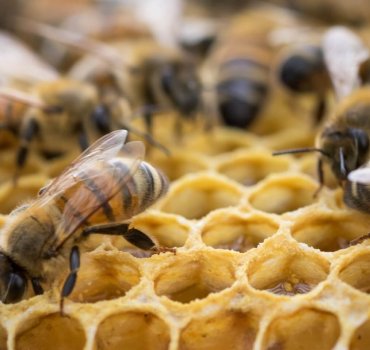

Around 400 thefts of honey and beehives have been reported nationwide in the past 6 months.
In the past six months, police have received around 400 theft reports nationwide involving either beehives or honey. This high volume of thefts is likely due to the value of honey, particularly Manuka honey, and in some parts of the country the thefts are likely an organised operation.
Beehive and honey thefts are devastating to the owners and costly to the whole industry, with thefts on the increase and a total cost estimated to be in the millions. The public are encouraged to report any incidents of beehive theft and suspicious behaviour, such as vehicles carrying hives.
Police ask that the public record details such as vehicle registration and description, the direction of travel and a description of the hives. Preventative action is also encouraged, such as keeping hives in a locked, fenced-off area or at least out of sight, and keeping serial numbers or other identification details.








